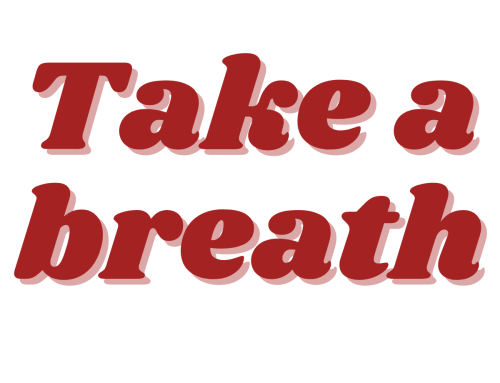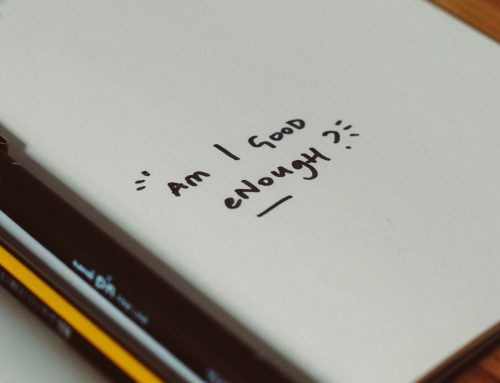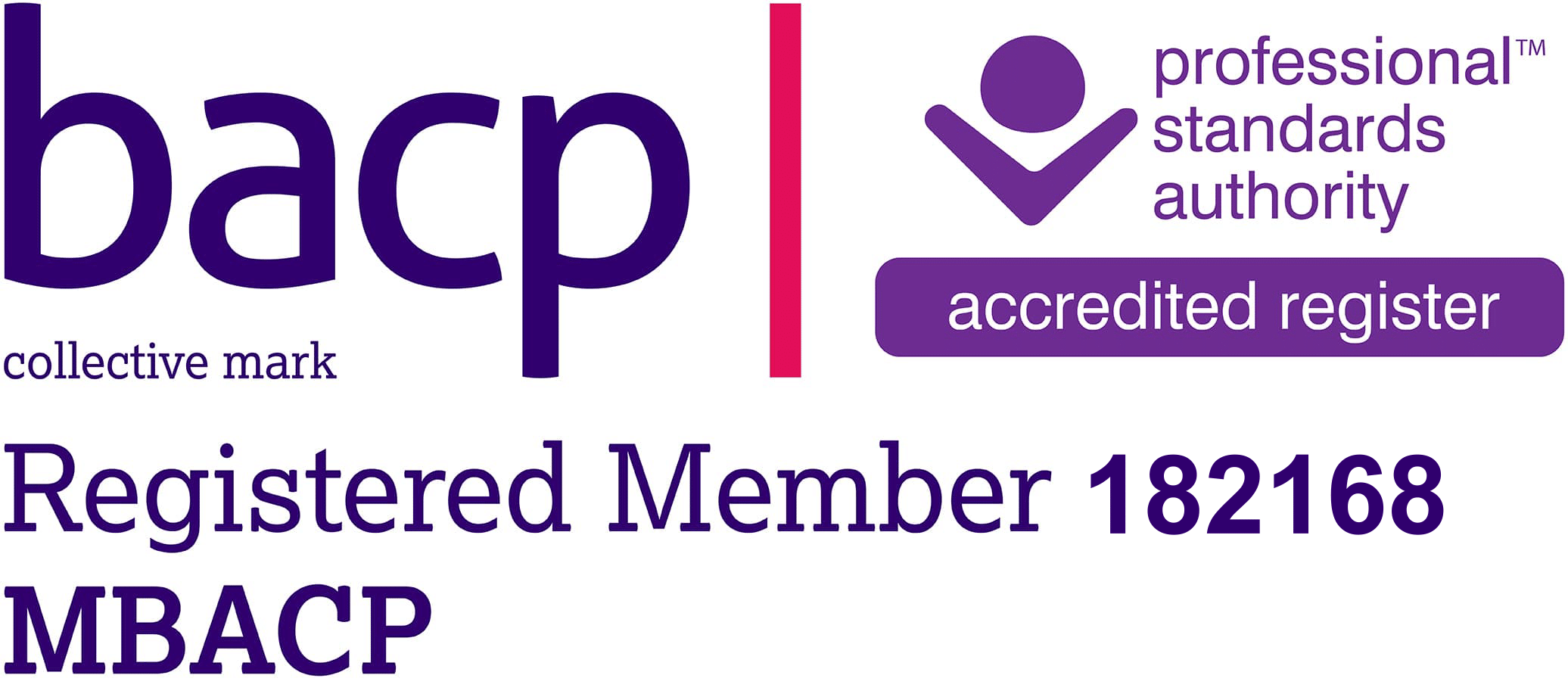It seems like everyone is expected to do more in the hours that they’re at work, but the money stays the same, which due to inflation means a pay cut in real terms. But not only is the pay not increased, the budgets with which to do the actual work are also not increased, or as is more likely — they go down, get cut or ‘cost savings’ are made. Do more for and with less.
In my work now, I listen to a lot of people talking about symptoms of depression and anxiety due to the pressure of work. I myself was diagnosed with depression a few years ago as a result of the same. I now wonder whether I was depressed at all, or whether it really was just all that pressure?
The word ‘burnout’ is a pretty common term nowadays and it isn’t a diagnosis in itself. If it was to be diagnosed by a doctor it would be an “acute stress reaction” or some kind of “adjustment disorder”. But who wants a label?
Burnout for me definitely was characterised by symptoms of depression — in the end. But if I look at the build up to it, I can see an ambitious young woman, with an absolute drive to be successful in her field. To be thought of as an outstanding leader, managing services that worked well, but were open to review and improvement. That young woman made time for her staff, she was approachable, and strived to make sure that relationships with customers and partners were the best they could be. She cared about the service, the people using it, and working in it, and she cared about her reputation — A LOT. (Perfectionism is possibly a trait!)
So, what went wrong? On the outside everything looked just peachy. Things were going well. But I did not ask for help, I supported everybody else. I took it personally if there was a problem, asking only myself “how did I not spot that?” I became more and more isolated as I progressed up the career ladder too, realising that I no longer had peers, just teams and a boss. I felt like I was on show all of the time, and not allowed to make any mistakes. And eventually I crashed and burned — in my own way.
My way of coping with my burnout was hiding. I didn’t turn up to meetings, sending others in my place. I stayed in my office more, not really doing very much, but easily explaining to everyone how busy I was. And I got away with it. Pointed out to me by a previous boss I had that because my standards for myself were so high, even if I felt I was only functioning at 20%, no one else was likely to notice.
I didn’t get away with it at home though, there I lay in a ball on the sofa, unable to move and barely speaking. I couldn’t sleep, and I couldn’t explain what was going on, I was just a misery. I didn’t need to hide at home. My then-boyfriend marched me to the GP and antidepressants became my new friend.
But, however awful (and I do mean really awful) I was feeling, I got up every day and went to work (or to sit in my office hoping no one would notice me actually). I felt that without work, I had absolutely no idea who I was, or what I would do with myself (which also made me feel terrible by the way), so I had to be there. At work I had status, people knew who I was, and I felt important — like I was achieving something. I HAD to be there.
Other people I have spoken to about burnout tell me that they just couldn’t work — couldn’t face it at all, or that some of their symptoms were physical — extreme fatigue, meaning that they were literally unable to get there. Clients have said to me, “well I can’t be burnt out because I go to work every day and I do my job,” but that was my experience too, and I still feel that I was completely burnt out. And it took a long time to recover.
I conclude though that like many things, burnout can manifest itself in different people, in different ways.
It is a symptom of something bigger though, and the beholder should be encouraged to stop and reflect on what is truly going on their work life and whether it is meeting their values and aspirations for life, or whether they are falling in line to hard with the rules of the organisation, to the point where they forget who they are.
It may not need a long recovery time, if you can figure out what it is, and bring in the right help early enough.
So – pay attention to your body and your mind. Stop once in a while. Hold your vision of what you are trying to achieve in life. Don’t forget to breathe and practice some self-care. Take lunch breaks!







